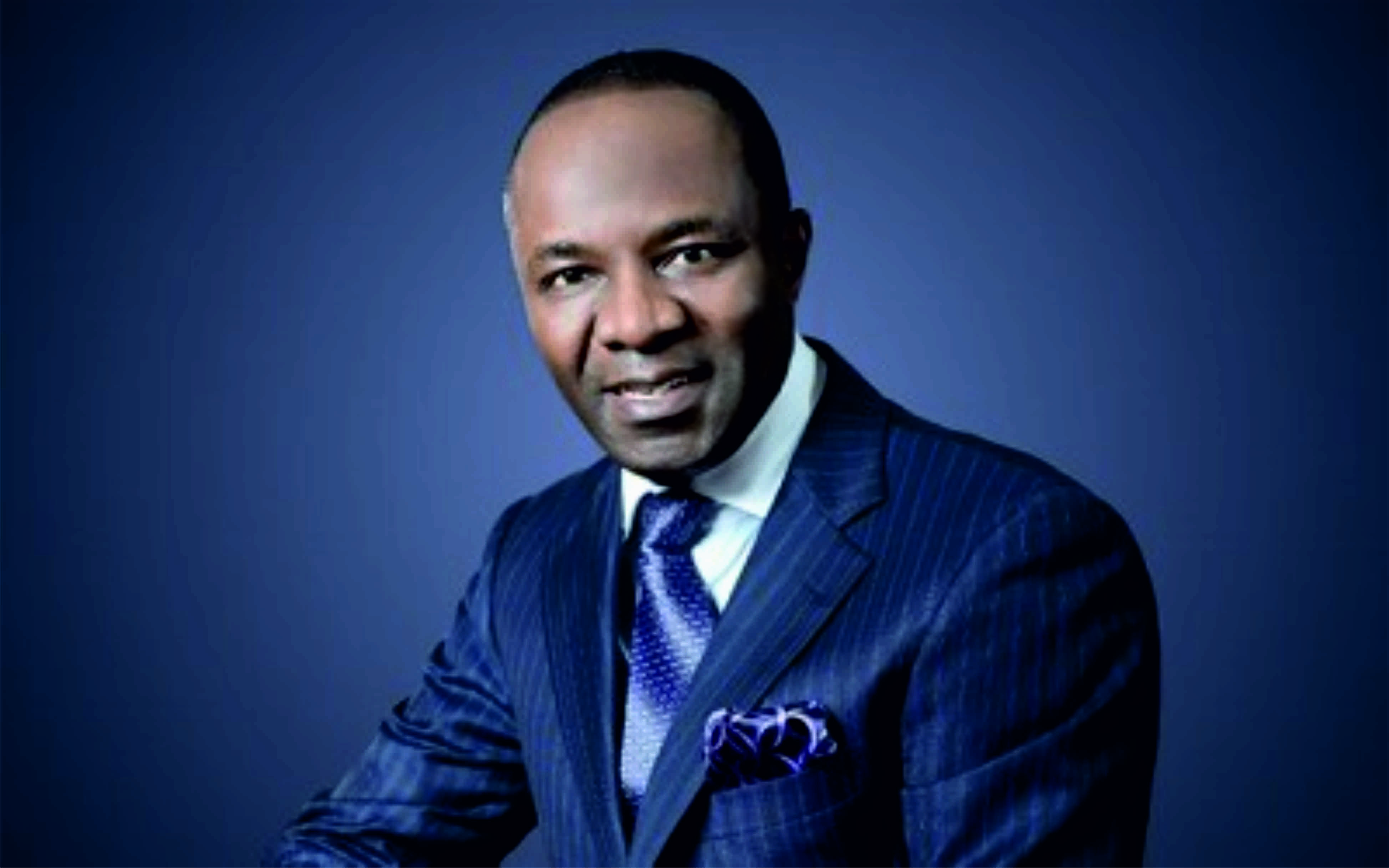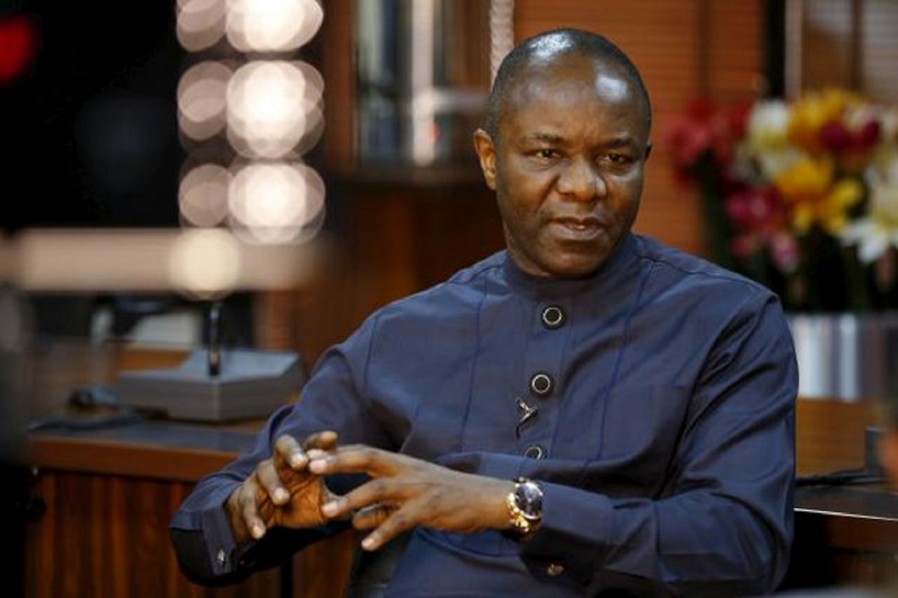The Federal Government on Wednesday said it would revoke the licenses given to individuals and corporate organisations for the establishment of private refineries but were not utilised.
The Minister of State for Petroleum Resources, Dr Ibe Kachikwu, while speaking on the sidelines of ongoing annual Offshore Technology Conference in Houston, U.S, said that he had had discussions with the Department of Petroleum Resources on the matter.
DPR’s statutory functions included processing application for various licenses, permits and approvals across the oil and gas value chain.
Kachikwu said that the aim of giving licenses was to reduce the huge capital flight to fuel importation, meet local demand and look at possible exports.
“I have spoken with DPR on the matter. Those who have not been able to move forward will have their licenses withdrawn,” he said.
ALSO SEE: Nigeria oil, gas provide investments in excess of $50bn – Kachikwu
The Federal Government under former President Olusegun Obasanjo had granted licenses to some private concerns to build refineries but only Alhaji Aliko Dangote had put it to use.
His refinery is nearing completion. Dangote recently assured that the 1.3 million metric tonnes per annum petrochemical plant in Lagos would commence operation in the last quarter of 2018.
The minister explained that the review of the system was necessary as the nation’s existing refineries, which had a combined capacity of 446,000 barrels per day (bpd), were grossly inadequate to meet national daily demand.
He said that his outlook for the year for the sector was to “have a robust relation with investors to increase production of crude to 2.5 million bpd and then to 3 million bpd”.
On incentives for modular refineries, he said, “Since they will be located in states, land will be provided and the modular refineries will be peopled around private sector, especially independent producers who already have the crude”.
He explained that investors would leave other countries to do business in Nigeria irrespective of seeming unstable business climate, because “Nigeria has the best returns on any investments in the World. The terrain is good’’.
“A lot of latitudes is given to investors to develop what works for them. Most of them know how to be resilient because they know the returns.
“Our resource base is huge. We have huge gas reserves, huge downstream opportunities.
“I don’t know of any country that has that much resource, that income generation. I think we can favourably compete with Saudi Arabia”.
He said that when he took over at the ministry there were security issues and downstream policies were not robust.
“When we came in, we worked at recreating 18-20 business units within the NNPC.
“We publish monthly reports, contracts/bids are open, cash call arrears are being dealt with as we have paid the first tranche of 400 million dollars to the International Oil Companies.
“On security, the use of persuasion won over the use of force and at the end of the day, we have been able to move dialogue very aggressively.
“There are still lots of work to be done but if we can sustain the momentum, we’ll be on the right track.
“On the international scene, shale production in the U.S. and other energy alternatives are challenges but countries that will survive this period are countries with discipline and I think Nigeria can cue in on this,” he said.

 Health7 days ago
Health7 days ago
 Crime7 days ago
Crime7 days ago
 Comments and Issues1 week ago
Comments and Issues1 week ago
 Latest1 week ago
Latest1 week ago
 Comments and Issues1 week ago
Comments and Issues1 week ago
 Football1 week ago
Football1 week ago
 Comments and Issues1 week ago
Comments and Issues1 week ago
 Comments and Issues1 week ago
Comments and Issues1 week ago




